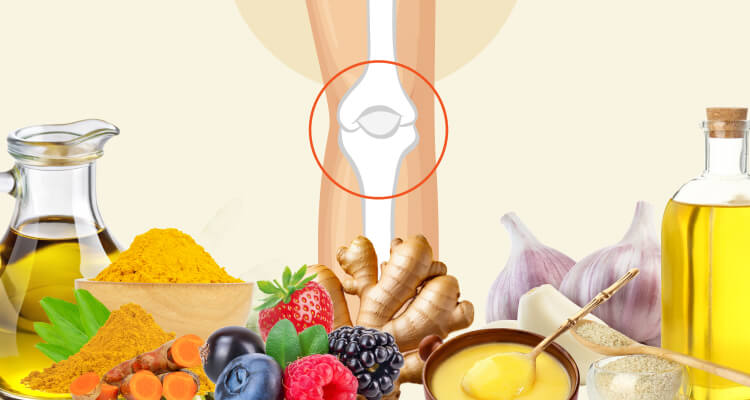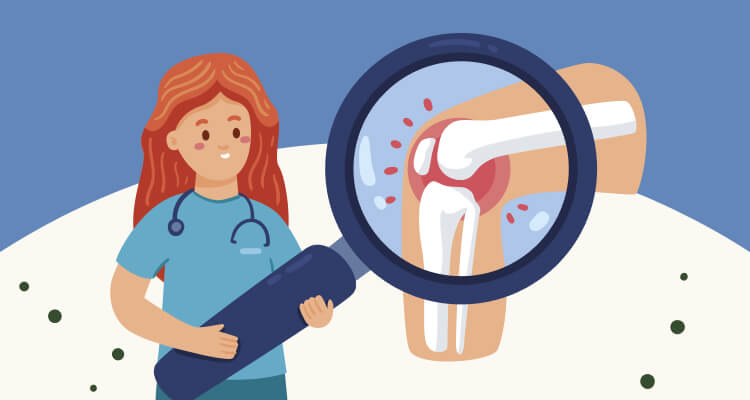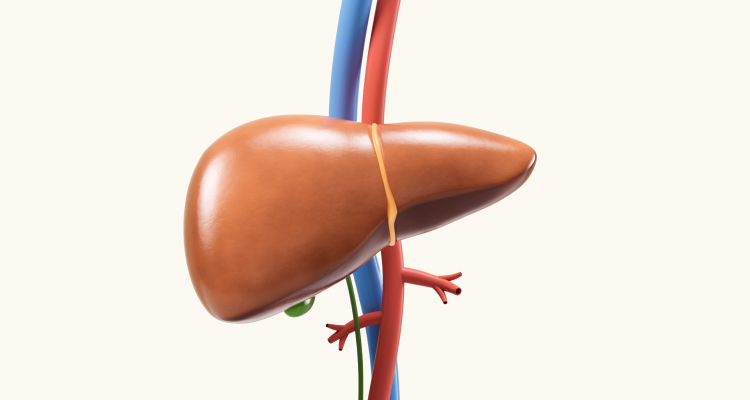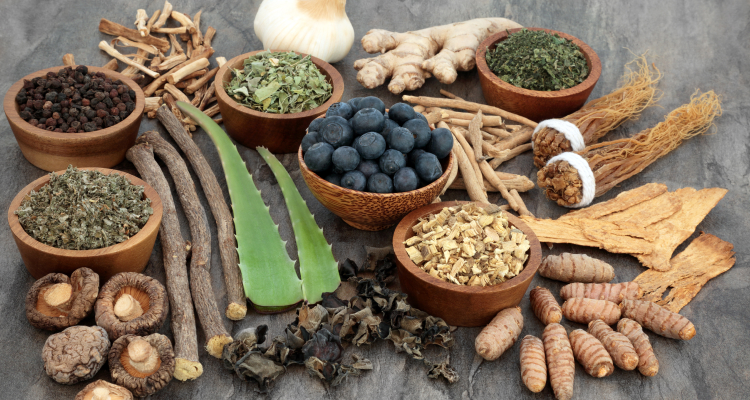Do you ever wonder if it’s possible to turn back the clock on health issues like lipid imbalance or high cholesterol? The good news is that, in many cases, you absolutely can!
An imbalance in blood lipids, such as cholesterol and triglycerides, is deeply connected to lifestyle, diet, and metabolic health. But Ayurveda doesn’t stop at addressing symptoms. It dives deep into the root cause, offering lifestyle changes, detoxification methods, and natural remedies to rebalance your system and support healthier lipid levels.
Ayurveda, grounded in centuries of wisdom and supported by modern research, offers promising strategies for managing high cholesterol. Ayurvedic interventions, such as dietary adjustments and herbal remedies, have shown effectiveness in improving lipid profiles over time. This holistic approach combines traditional insights with emerging evidence, underscoring Ayurveda’s relevance in addressing dyslipidemia. If you’re looking for some practical lifestyle tips, why not take a closer look at these tried-and-true methods? Let’s dive in.
Ayurvedic Lifestyle Changes for Healthier Lipids
-
Revamp Your Diet
Diet is crucial in maintaining overall health, particularly in managing lipid and cholesterol levels. The foods we consume can either nourish the body or disrupt balance, influencing digestion and fat metabolism. To restore harmony and support healthy cholesterol, consider these Ayurvedic dietary guidelines:
-
- Consume Fresh and Warm Meals: Fresh, warm meals are easier to digest and prevent toxin buildup in the body. Opt for simple, cooked foods that aid digestion and reduce fat accumulation, helping to maintain a healthy lipid profile.
- Include Healthy Fats in Moderation: Ayurveda promotes moderate intake of healthy fats, such as ghee (clarified butter), which supports digestion and balances bioenergies (Vata and Pitta doshas).

-
- Control Portions: Moderation is key. When it comes to managing cholesterol, controlling your portion sizes really helps. Think of it like this: eating smaller portions of the same number of meals helps you avoid taking in too many calories and unhealthy fats. It’s not about eating more frequently; it’s about being mindful of how much you eat at each meal. This way, you can avoid weight gain and keep your bad cholesterol (LDL) levels down. Plus, it helps you stick to a balanced diet and keeps your blood sugar steady, which all contribute to better heart health.
- Avoid Kapha-Aggravating Foods: Kapha dosha is linked to fat buildup and sluggish metabolism. Limit heavy-to-digest, oily, processed foods, such as high-fat dairy, sugary snacks, and fried foods, to prevent excess fat accumulation and support digestion.
- Adopt a Low-Fat, High-Fiber Diet: Include whole grains like red rice, barley, and horse gram, along with vegetables like bitter gourd, bottle gourd, and drumstick. These fiber-rich foods help lower LDL cholesterol, improve digestion, and remove toxins, supporting overall cardiovascular health.
- Use Cholesterol-Lowering Spices: Use spices to improve your health by reducing inflammation and lowering cholesterol. You can add turmeric to curries and soups for flavor. Ginger works well in teas and smoothies. Sprinkle cinnamon on oatmeal for added taste. A bit of black pepper can enhance any dish and boost its health benefits.

A Pro Tip For Your Busy Life
Keep a small flask of warm herbal water (like cumin or fennel) at your desk to sip throughout the day to support digestion and balance doshas throughout the day. Warm water stimulates digestive fire (Agni), preventing toxins from accumulating. Herbs like cumin aid digestion, reduce bloating, and detoxify, while fennel soothes the digestive tract and balances Pitta and Vata doshas. Sipping these regularly ensures hydration and gentle detoxification, making it a simple yet effective practice for a busy lifestyle.
-
Move Your Body, Calm Your Mind
Exercise in Ayurveda isn’t just about burning calories—it’s about harmonizing the body and mind to achieve balance. Regular physical activity boosts circulation, stimulates metabolism, and helps balance the doshas. For those with high cholesterol, yoga and breathing exercises (pranayama) are particularly effective.
-
- Yoga: Practicing yoga asanas like Sun Salutations (Surya Namaskar) and twisting postures helps stimulate the digestive organs, enhance circulation, and reduce fat accumulation.
- Pranayama: Breathing exercises such as alternate nostril breathing (Nadi Shodhana) calm the nervous system and reduce stress. It is observed that chronic stress can raise cortisol levels, which then leads to high cholesterol and triglyceride levels.

Simple Moves for 9-to-5 Life
If you spend long hours at a desk, take a 5-minute break every hour to stand up, stretch, and walk around. While moving, practice deep, slow breathing. Doing this helps prevent the stiffness and fatigue that comes from sitting too long, and boosts circulation.
-
Stick to a Routine (Dinacharya)
Dinacharya is an Ayurvedic concept that translates to a daily routine. According to Ayurveda, following a consistent daily routine helps to balance the body’s natural rhythms and doshas (energies), leading to improved physical and mental health.

-
- Follow Digestive Rhythms: Ayurveda teaches eating only when the previous meal has been fully digested, a practice to maintain the digestive fire (Agni). It ensures optimal digestion and prevents metabolic overload, which can lead to weight gain and dyslipidemia.
- Getting Enough Sleep: Sufficient and restful sleep is essential for regulating hormones, managing stress, and supporting fat metabolism. Ayurveda recommends going to bed early and waking up with the sun to ensure the body’s natural cycles are respected.
- Staying Active: Ayurveda advises light daily exercise, such as walking or gentle yoga, to improve circulation and metabolism. A sedentary lifestyle can lead to Kapha imbalance, sluggish digestion, and poor lipid processing.

A Pro Tip For Your Busy Life
Set a daily reminder for mealtime and sleep. Consistency is key for health, especially when busy.
-
Maintain Healthy Weight
Maintaining a healthy weight is essential in reducing the risks associated with dyslipidemia. Ayurveda views obesity, high cholesterol and related disorders. as a disease of over-nourishment (Santarpanajanya Vyadhi) and focuses on managing fat tissue (Meda) and Kapha dosha, directly linked to weight gain and fat accumulation.
- Calorie-Appropriate Diet: Ayurveda emphasizes consuming food that is nourishing yet not excessive. A balanced diet (Sattvic), consisting of whole foods, fiber, and lean proteins, is key to maintaining a healthy weight and supporting healthy lipid levels.
- Fasting: Ayurveda also recommends fasting (Langhana), under expert guidance. This practice stimulates digestive fire (Agni), reduces fat accumulation, and aids in breaking down excess fat tissue. It can help balance metabolic processes and prevent the buildup of harmful lipids in the bloodstream.
- Regular Weight Monitoring: Regularly monitoring your weight and maintaining a healthy BMI (Body Mass Index) to keep fat tissue in check. Maintaining a healthy weight helps to balance Kapha dosha and supports healthy lipid levels.
Weight management, through mindful eating and fasting, helps reduce cholesterol levels, lower triglycerides, and prevent the development of dyslipidemia.

Healthy Weight Hack
Try “Eat Like a King in the Morning“—According to Ayurveda, start your day with a nourishing breakfast rich in fiber and healthy fats, such as oatmeal with ghee or avocado. It sets your digestive fire for the day. Ayurveda suggests eating larger meals earlier part of the day, to allow the body to digest and metabolize before the evening. By doing this, you avoid late-night cravings and support a healthier weight while maintaining energy.
-
Detox Your System
In Ayurveda, the accumulation of toxins—known as Ama—in the body is considered a major contributor to many health problems, including dyslipidemia. Toxins are the result of incomplete digestion and poor metabolism. Research supports that such detoxification methods can reduce cholesterol levels by enhancing the body’s natural detox pathways. By undergoing Ayurvedic cleansing therapies like Panchakarma, you can reset the body, remove accumulated toxins, and boost your digestive power.
Panchakarma includes treatments such as Virechana (therapeutic purging) and Basti (medicated enemas), etc, that help eliminate excess fats. These methods not only improve digestion but also reduce the burden on the liver, which is crucial for processing fats.
A Word of Caution: Since each person’s health requirement is unique, the same therapies or dietary changes may not work for everyone. It’s always best to consult an expert who can assess your medical history and daily routine to provide personalized, holistic treatment. If you need customized guidance, don’t hesitate to consult our Ayurvedic experts who can help tailor a plan that’s right for you.

Can It Really Work?
Yes, it can! Ayurveda has helped countless people regain control over their health by addressing the underlying causes of lipid imbalance or high cholesterol. And while this isn’t an overnight fix, the results are lasting because they’re rooted in natural, sustainable changes.
The beauty of Ayurveda lies in its simplicity. Small shifts—like choosing a Kapha-friendly diet, adding herbal teas, or starting your day with yoga—can lead to big transformations over time.
The Ayurveda Promise
Ayurveda is not about simply managing disease—it’s about living well at every stage of life. Instead of waiting for an issue to escalate, Ayurvedic principles help guide you from the pre-disease stage, encouraging you to make positive, proactive lifestyle changes. By adopting a personalized, holistic approach, Ayurveda empowers you to become the best version of yourself.
Imagine a lifestyle powered by ancient wisdom but supported by modern science. It’s about a balanced combination of Ayurvedic therapies, yoga, and mindful living to nurture your physical and mental well-being —a plan tailored to your unique constitution, addressing not just symptoms but the very foundation of your health.
Start your journey towards true well-being today. Embrace the holistic path that supports your body, mind, and spirit, helping you lead a vibrant, healthy life—not just a life free of disease.
Take charge of your health the Holistic way—your heart will thank you!










































